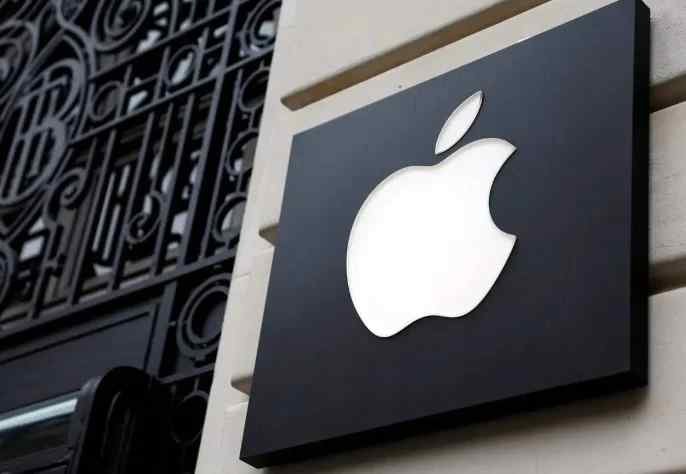Apple is quietly building something big—something that could challenge ChatGPT, Google’s Gemini, and maybe even reshape how we interact with our devices. Internally known as the “Apple Answer Engine,” this AI-powered search tool is in development and, if successful, could mark Apple’s most aggressive move yet into the world of generative AI.
From Quiet Integration to Full Control
Just months after introducing ChatGPT integration within Siri and Apple Intelligence at WWDC 2024, Apple now appears ready to go solo. According to Bloomberg’s Mark Gurman, a dedicated internal team—Answers, Knowledge, and Information (AKI)—is working on a proprietary AI engine designed to deliver real-time, web-sourced answers directly to users.
In short: Apple isn’t just enhancing Siri; it’s rebuilding the foundation.
The Answer Engine is expected to run across Siri, Spotlight, Safari, and possibly debut as a standalone app. With such deep integration, Apple could offer a more seamless, private, and personalized experience—playing to its privacy-first brand while cutting down dependence on external AI models.
Hiring Tells the Real Story
Apple’s intentions became clearer through its job listings. The company is actively hiring talent in search algorithms, large language models, and scalable AI systems. It’s a notable shift for a company that just months ago dismissed the idea of launching its own chatbot.
Now, Apple seems to be reversing course, and fast.
The effort is being led by Robby Walker, a senior exec reporting to Apple’s AI chief John Giannandrea. Their mission: overhaul the search experience across Apple’s ecosystem—and potentially unseat Google Search in the process.
Tensions With Google? There’s a Backstory
Apple’s long-standing agreement with Google, which makes Google Search the default in Safari, has drawn the attention of regulators. A proprietary search tool could reduce Apple’s reliance on that partnership—and maybe even future-proof it from antitrust heat.
If Apple pulls this off, it’s not just entering the AI arms race; it’s setting the rules.
A Late Start With Strategic Timing
Apple’s AI strategy has been slow-burning. Unlike OpenAI and Google, which have raced to release public-facing chatbots, Apple waited. But with user behavior shifting—over a third now prefer AI tools over traditional search—it looks like Apple is jumping in just as mass adoption reaches critical momentum.
CEO Tim Cook reportedly told staff that AI is “ours to grab,” likening its importance to the dawn of the internet and the smartphone. That’s not just corporate hype—it signals Apple sees AI as its next defining product category.
What’s Next?
The earliest pieces of this AI push are expected to land with iOS 18 and macOS 15. A full-fledged Apple Answer Engine, however, may arrive later—possibly after more internal testing and integration refinement.
But one thing is clear: Apple is no longer watching from the sidelines. With a locked-in ecosystem, unmatched control over hardware and software, and a privacy-first approach, Apple could have a unique advantage in an AI space dominated by open platforms.
The AI wars just got a new player—one with billions of devices already in users’ hands.

